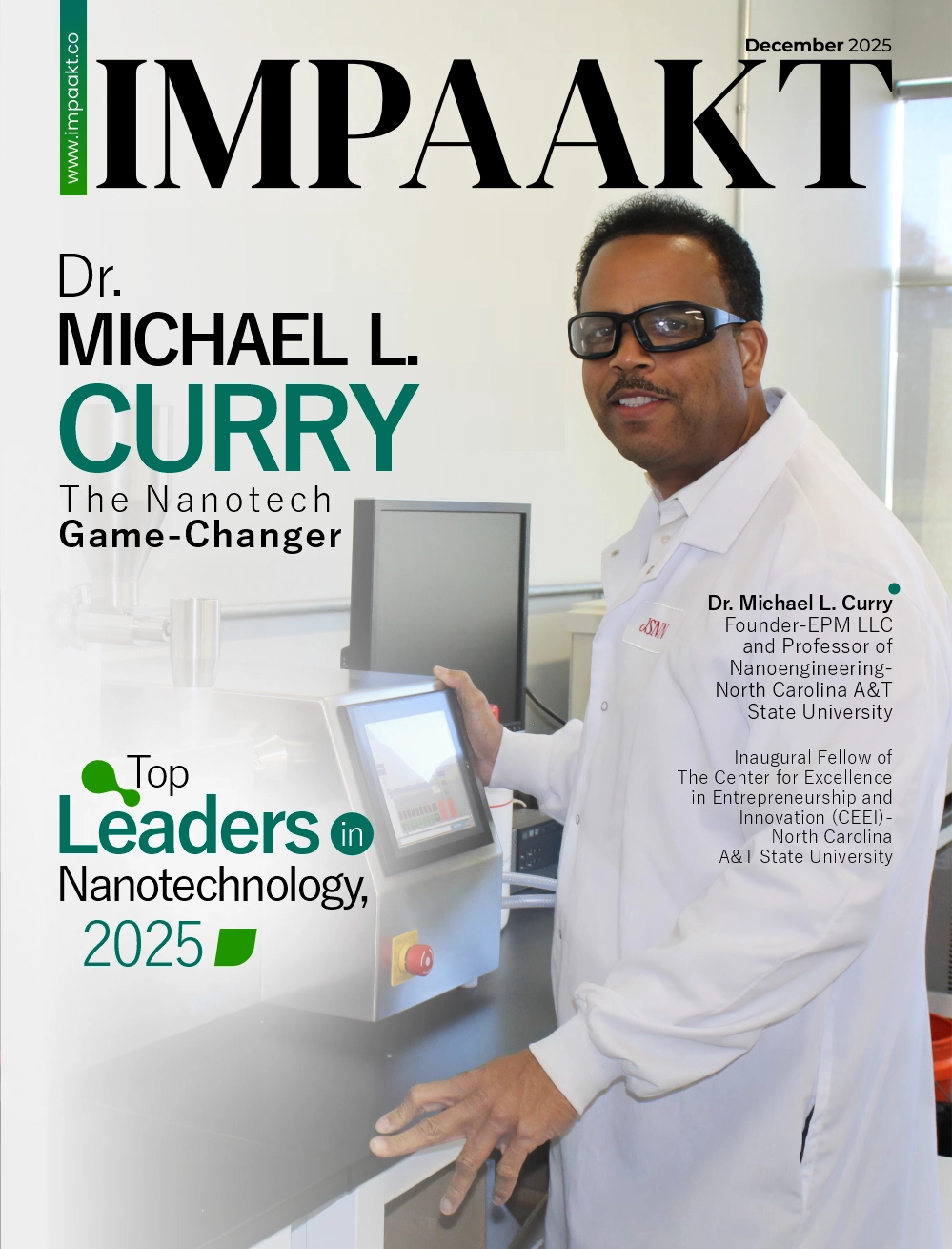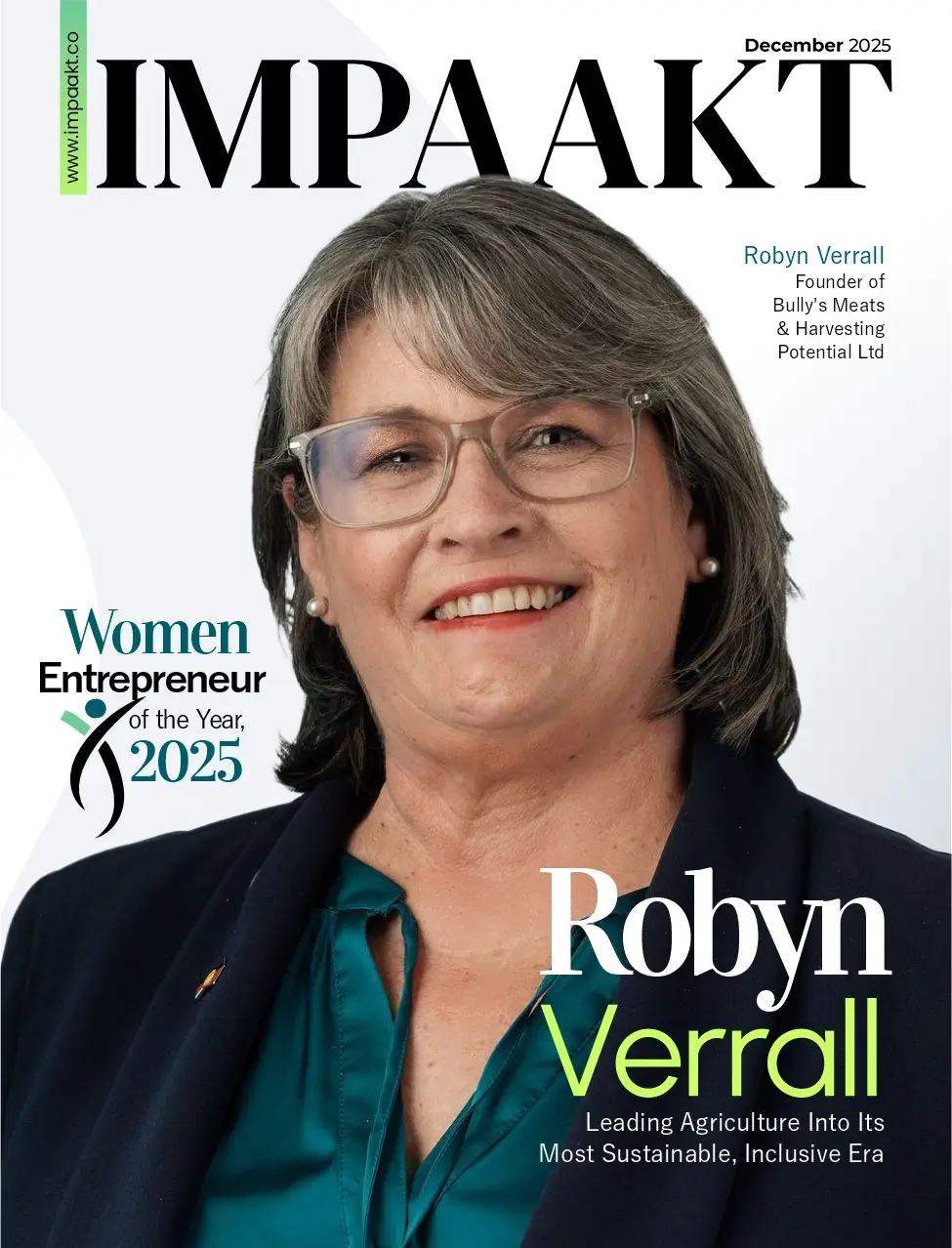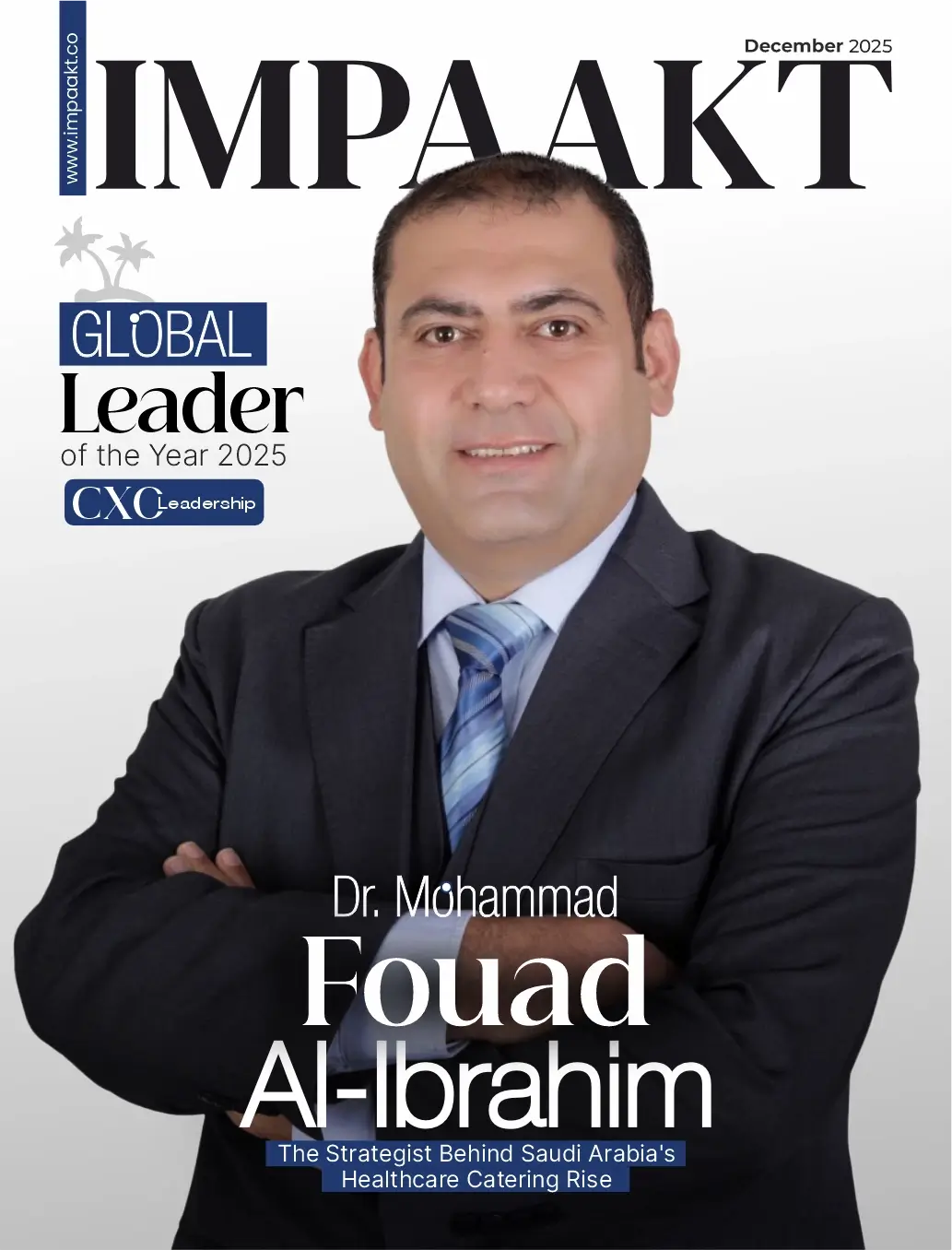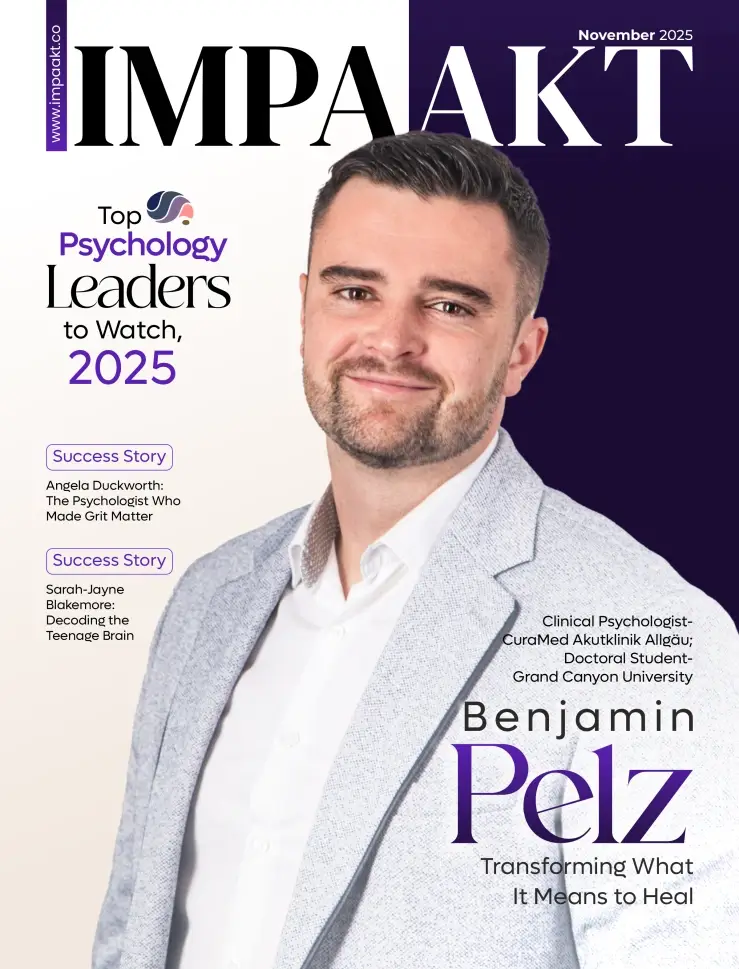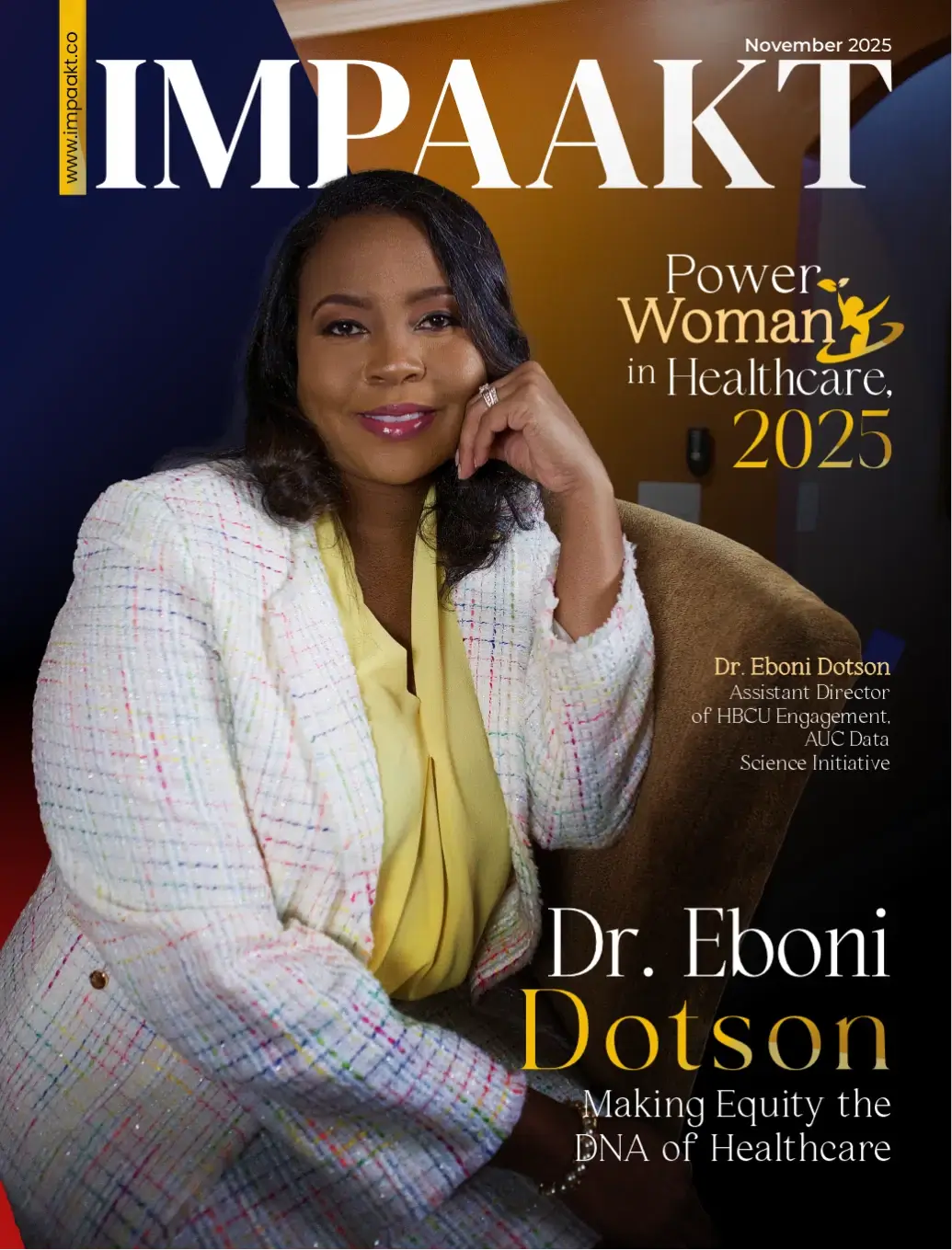Dr. Claudine Gay, Harvard’s president, responded to the fallout from recent controversies with an apology in an interview published by The Harvard Crimson, the campus newspaper. In the interview, she expressed remorse, stating, “When words amplify distress and pain, I don’t know how you could feel anything but regret.”
This apology came in the wake of heightened scrutiny surrounding her testimony in a congressional hearing where she, along with other university presidents, faced questions about their institutions’ response to antisemitism following the Israel-Hamas conflict. Gay’s response during the hearing drew criticism for its perceived lack of clarity and sensitivity, prompting her subsequent apology.
Approximately one week after her testimony, the Harvard Corporation, following extensive deliberations, issued a unanimous statement expressing unwavering support for Dr. Gay. This statement, indicating the Corporation’s steadfast backing, was released late into the night, signifying the gravity of the discussions surrounding Gay’s position.
Despite this statement of support, there were indications that the controversies surrounding Dr. Gay may have had repercussions on Harvard’s reputation. The university reported a notable decline of around 17% in the number of students applying under the early action program for the fall term. This program allows applicants to receive admission decisions in December, months earlier than the usual decision timeline in March.
The controversies surrounding Dr. Gay have underscored the challenges faced by university leaders in navigating complex issues that intertwine with political dynamics and societal sensitivities. The apology in The Harvard Crimson reflects a recognition of the impact of words and the importance of addressing distress and pain caused by statements, aligning with the broader discourse on responsible leadership and accountability.
In addition to grappling with internal and external pressures, university leaders find themselves at the intersection of political debates and social expectations. The complexities of handling such issues were evident in the Harvard Corporation’s deliberations and subsequent statement of support, which aimed to reinforce their commitment to Dr. Gay amid external scrutiny.
The decline in early action applications may signal potential concerns among prospective students or a broader reflection of the evolving dynamics within higher education. Universities, often regarded as bastions of knowledge and progress, face the challenge of balancing academic principles with the diverse perspectives and expectations of their stakeholders.
As Dr. Gay’s tenure comes to an end, the episode serves as a case study in the intricate relationship between academic institutions, their leaders, and the broader socio-political landscape. The fallout from these controversies prompts reflections not only on the challenges faced by university leaders but also on the impact of such incidents on the reputation and appeal of esteemed institutions like Harvard.







